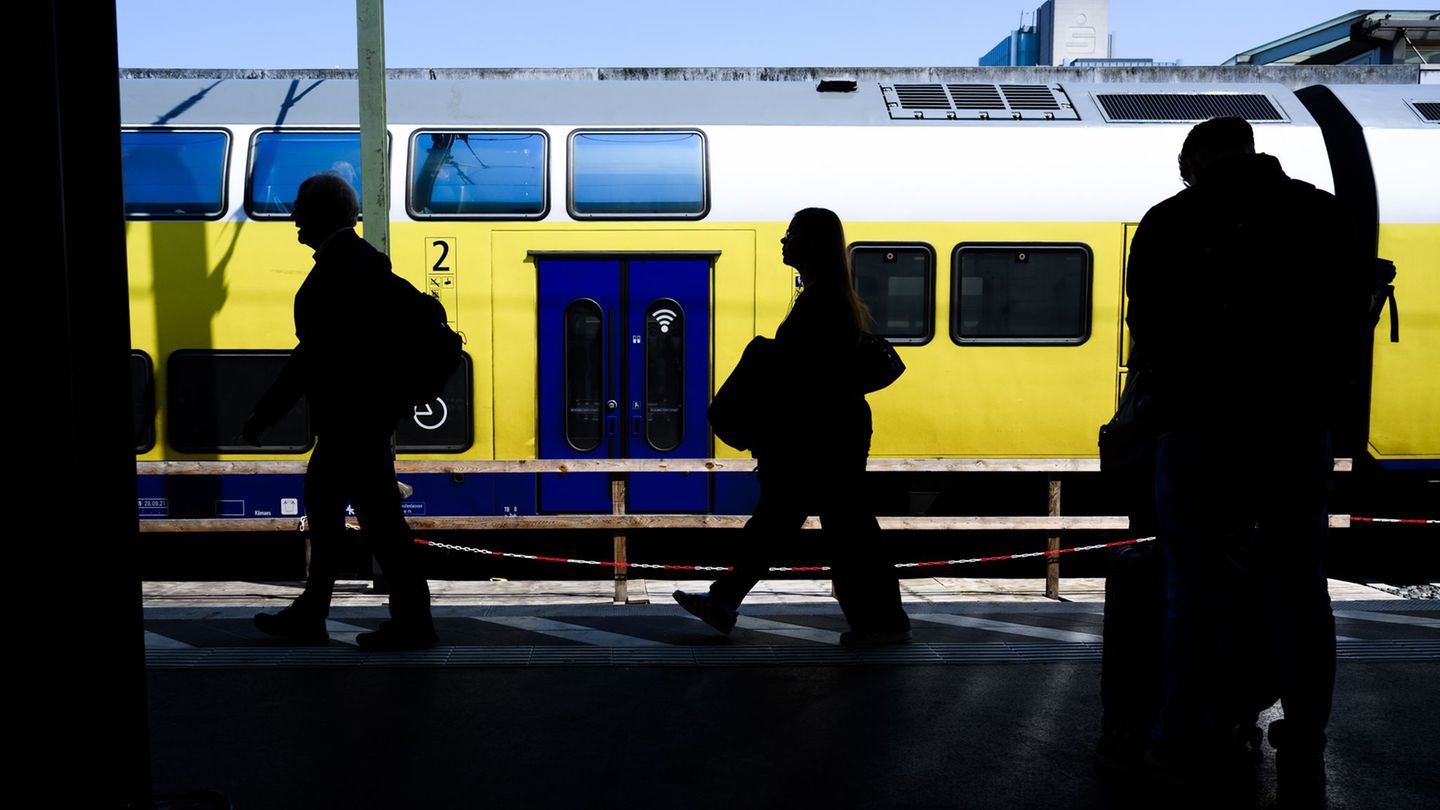Menu
Traffic: In the Germany ticket, uncertainty threatens again
Categories
Most Read
Lawsuit against names: Regional court decides on “liqueur without eggs”
October 28, 2025
No Comments
Gross domestic product: South Korea records strongest growth in over a year
October 28, 2025
No Comments
Infrastructure: NRW Transport Minister: The number of potholes will increase
October 27, 2025
No Comments
Russo-Ukrainian War: Sanctions: Lukoil wants to get rid of foreign investments
October 27, 2025
No Comments
the best tips for traveling without spending more
October 27, 2025
No Comments
Latest Posts

Jennifer Lawrence: Hollywood star reports postnatal depression
October 28, 2025
No Comments
Hollywood star Jennifer Lawrence speaks openly about postnatal depression Listen to article Copy the current link Add to watchlist After the birth of her second

Sick notes at record levels – that’s the reason
October 28, 2025
No Comments
Absence report Sick notes are at record levels – that’s what’s behind it Listen to article Copy the current link Add to watchlist The AOK

Party hit: End of the Ballermann season: What does summer do in winter?
October 28, 2025
No Comments
Lisa HarrisI am an author and journalist who has worked in the entertainment industry for over a decade. I currently work as a news editor
24 Hours Worlds is a comprehensive source of instant world current affairs, offering up-to-the-minute coverage of breaking news and events from around the globe. With a team of experienced journalists and experts on hand 24/7.

